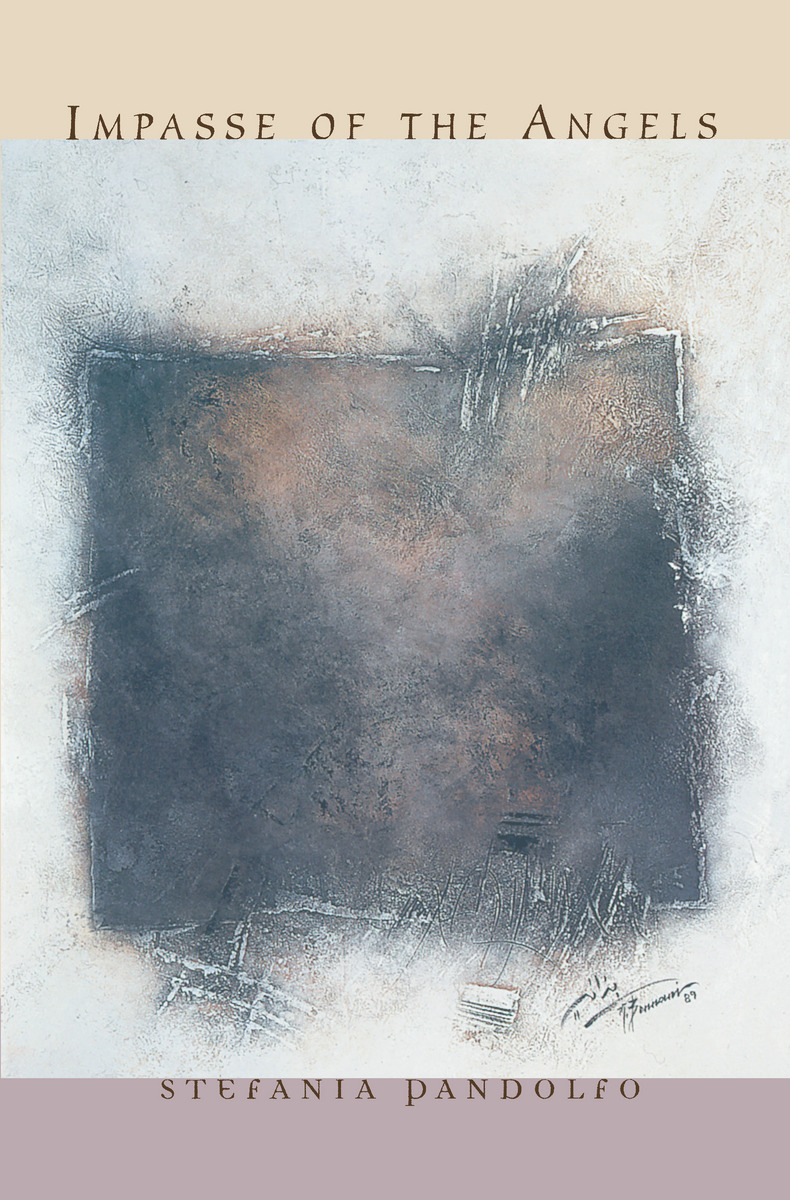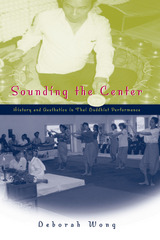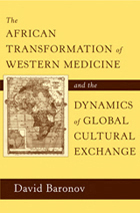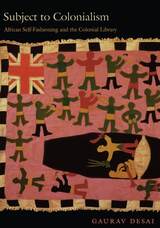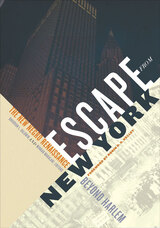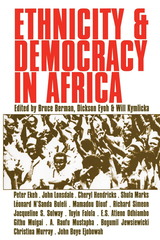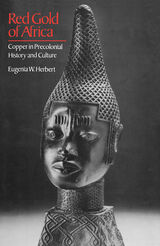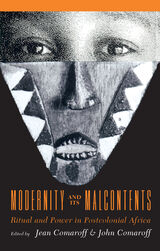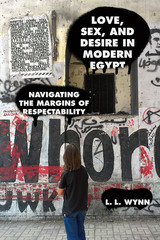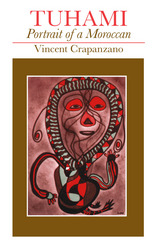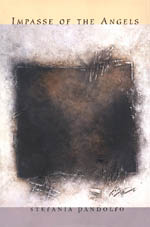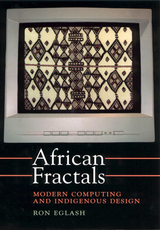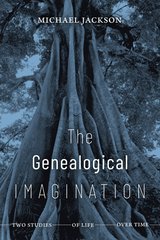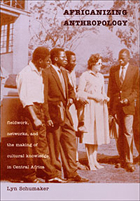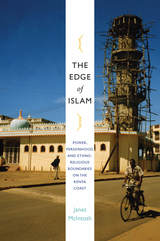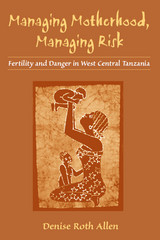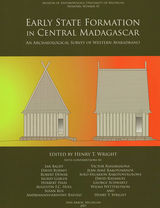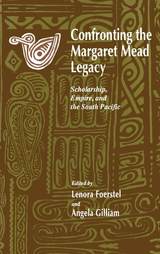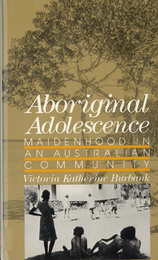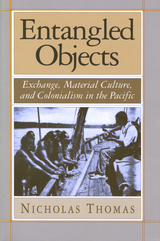Impasse of the Angels: Scenes from a Moroccan Space of Memory
University of Chicago Press, 1997
Paper: 978-0-226-64532-2 | Cloth: 978-0-226-64531-5
Library of Congress Classification GN649.M65P28 1997
Dewey Decimal Classification 305.800964
Paper: 978-0-226-64532-2 | Cloth: 978-0-226-64531-5
Library of Congress Classification GN649.M65P28 1997
Dewey Decimal Classification 305.800964
ABOUT THIS BOOK | TOC | REQUEST ACCESSIBLE FILE
ABOUT THIS BOOK
The image of the ethnographer in the field who observes his or her subjects from a distance while copiously taking notes has given way in recent years to a more critical and engaged form of anthropology. Composed as a polyphonic dialogue of texts, Stefania Pandolfo's Impasse of the Angels takes this engagement to its limit by presenting the relationship between observer and observed as one of interacting equals and mutually constituting interlocuters.
Impasse of the Angels explores what it means to be a subject in the historical and poetic imagination of a southern Moroccan society. Passionate and lyrical, ironic and tragic, the book listens to dissonant, often idiosyncratic voices—poetic texts, legends, social spaces, folktales, conversations—which elaborate in their own ways the fractures, wounds, and contradictions of the Maghribî postcolonial present. Moving from concrete details in a traditional ethnographic sense to a creative, experiential literary style, Impasse of the Angels is a tale of life and death compellingly addressing readers from anthropology, literature, philosophy, postcolonial criticism, and Middle Eastern studies.
Impasse of the Angels explores what it means to be a subject in the historical and poetic imagination of a southern Moroccan society. Passionate and lyrical, ironic and tragic, the book listens to dissonant, often idiosyncratic voices—poetic texts, legends, social spaces, folktales, conversations—which elaborate in their own ways the fractures, wounds, and contradictions of the Maghribî postcolonial present. Moving from concrete details in a traditional ethnographic sense to a creative, experiential literary style, Impasse of the Angels is a tale of life and death compellingly addressing readers from anthropology, literature, philosophy, postcolonial criticism, and Middle Eastern studies.
See other books on: Discourse analysis, Narrative | Ethnopsychology | Morocco | Oral tradition | Scenes
See other titles from University of Chicago Press
